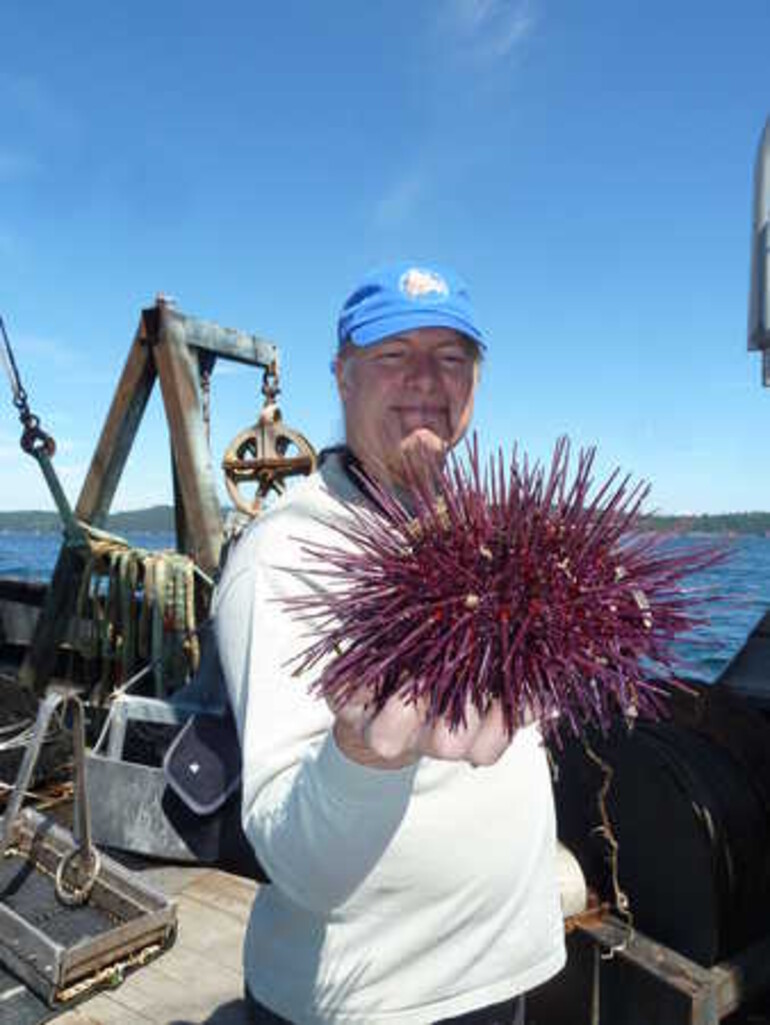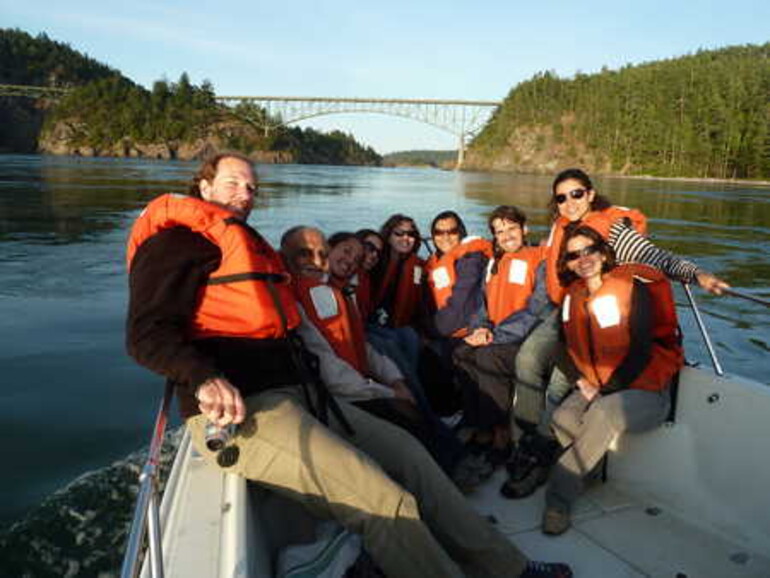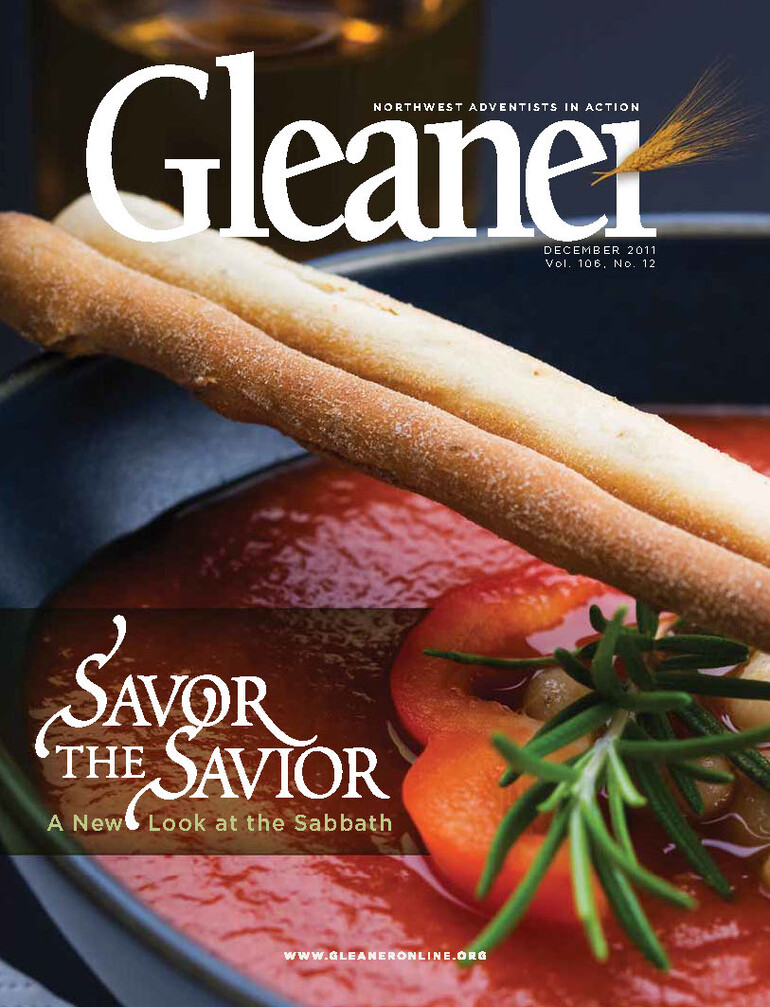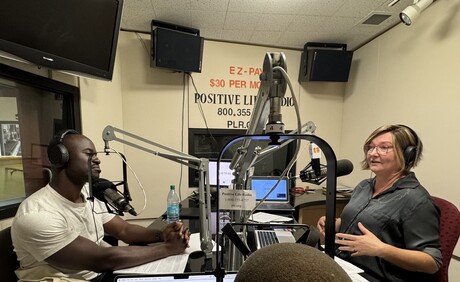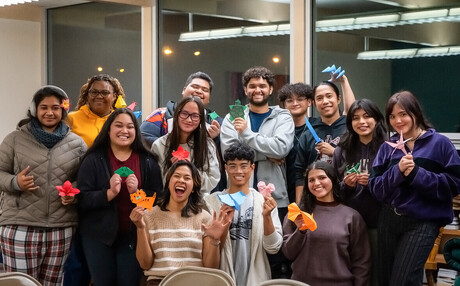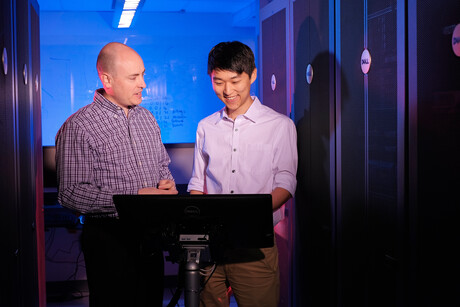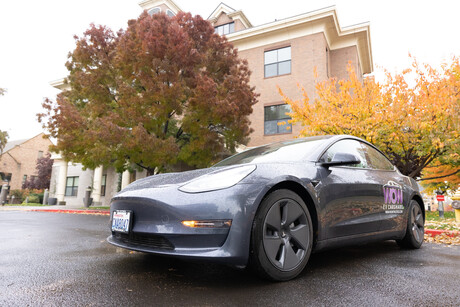Walla Walla University's (WWU) Rosario Beach Marine Laboratory, Anacortes, Wash., recently hosted the Sixth North American Echinoderm Conference — a truly international event, with more than a third of the 85 participants coming from 14 different countries, including Argentina, Australia, Brazil, England, Germany, Malaysia and South Africa.
Conference attendees presented and discussed their recent research on echinoderms — animals such as sea urchins, sea stars, sand dollars and sea cucumbers.
This was the first time the group met on the West Coast. Few of the conference attendees had ever been in the Pacific Northwest, and they were impressed with the natural beauty above and below the water.
"Rosario is stunning," expresses Maria Byrne, University of Sydney professor and director of One Tree Island Research Station in Australia. "The ambience is perfect, with peaceful surroundings that inspire new friendships as well as conversations about echino-science."
Presentation topics included the discovery of new species, the ability of many echinoderms to regenerate lost limbs and damaged nerves, comparisons between fossil echinoderms and their present-day counterparts, and the effects of changes in ocean conditions on echinoderms.
"It was a forward-looking conference with great current content as well as promise for the future," says Rich Mooi, chairman of Invertebrate Zoology and Geology at the California Academy of Sciences. "Missing it would have left a huge hole in my perspective of the field."
Jim Nestler, WWU biology professor and conference organizer, felt the gathering was perfect for networking. "The size of the group allowed for significant professional and personal interaction between scientists of all levels," he explains. "Everyone was an equal at these meetings, sharing their findings and ideas."
Three WWU students gave presentations at the conference. Amy Tan, junior biology major, talked about the interactions between sea cucumbers and coral. C.J. Brothers, graduate biology student, discussed her current studies dealing with the regeneration of internal organs in sea cucumbers. Tammy Loveday, 2010 biology master's graduate, presented on a parasite that infects sea stars.
"Rosario is a great destination for researchers," Byrne says. "It has a fabulous running sea-water system, a wonderful display of local echinoderms, well-appointed laboratories, and, most importantly, direct access to great flora and fauna for research."
James McClintock, University of Alabama professor, sums up the event by saying, "Not only was the conference a huge success scientifically, but attendees departed with newfound respect for Walla Walla University and its educational mission."



